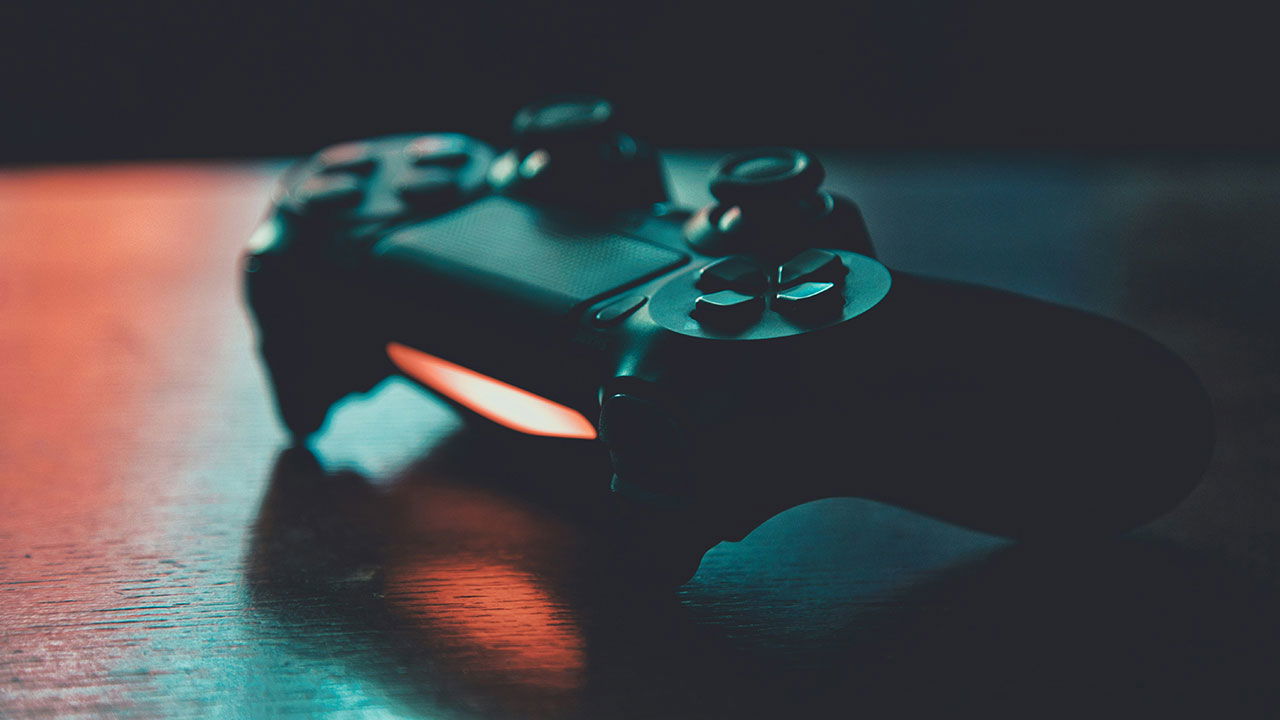Exams, coursework, and extracurriculars can be overwhelming for students. Stress, anxiety, and exhaustion from a heavy task make it hard to focus and motivate. While meditation and exercise are recommended, video games are an odd but effective coping tool. Video games can relieve stress, increase cognition, and teach pupils problem-solving and time management. Gaming can relieve academic stress temporarily and permanently through immersive experiences, engaging challenges, and social connectivity. According to this article, learn how video games can help students manage stress and improve academic skills.
The Role of Video Games in Stress Relief
Students with significant academic stress struggle to relax. Unlike TV or social media, video games are dynamic, exciting, and relaxing. Gaming allows users to participate in a separate universe, temporarily escaping schooling actively. Video games are a unique stress-reduction strategy because they boost cognitive function while providing a pleasurable distraction.

Psychological Benefits of Gaming
Gaming activates the brain’s reward system, releasing dopamine, a neurotransmitter associated with pleasure, motivation, and relaxation. This hormonal response can dramatically reduce stress and anxiety, enhancing a student’s mood and mental clarity. Players can immerse themselves in diverse characters and tales in immersive role-playing games (RPGs), which might help them cope with real-life stress. Creative world-building games like sandbox or simulation games let pupils express themselves freely, boosting confidence and relaxation.
Short-Term Stress Reduction vs. Long-Term Coping
The benefits of different games depend on how they are used. Casual or puzzle games that provide instant rewards are good for short-term stress alleviation. These activities let kids temporarily forget academic stress. Complex games like strategy-based or cooperative multiplayer games promote resilience, patience, and adaptation for long-term coping. These games teach problem-solving and emotional regulation that may be applied to real-world issues like academic pressure.
Enhancing Cognitive Skills and Time Management
Video games help students think critically, plan, manage time, and relieve stress. Modern video games demand players to process massive quantities of data, identify patterns, and make split-second judgments, improving cognitive flexibility and strategic thinking. These skills are useful for essay writing, research, and study routines.
Improved Problem-Solving and Critical Thinking
Many video games require players to think logically, try multiple solutions, and adapt to changing situations. Simulation and real-time strategy (RTS) games teach players to anticipate problems, analyze risks, and make smart choices. This frequent problem-solving improves analytical thinking, essential for addressing complicated academic challenges like arithmetic equations, research projects, and scientific investigations. Decision-heavy games also boost students’ critical thinking skills, which can improve exam and classroom performance.
Developing Time Management Skills
Video games are an unexpected yet useful time management aid for procrastinating students. Players must plan for scheduled events, timed tasks, and resource management in many multiplayer and online games. These features help students develop better self-discipline and structure in their daily routines.
To perfectly balance academic responsibilities and leisure time, some students wonder, “How to write paper for me while I’m busy?” and look for effective ways to manage their workload. Using gaming as a reward system—playing only after completing a set amount of work—helps reinforce prioritization skills, ensuring that students stay productive while still enjoying their favourite activities.

Social Interaction and Emotional Support
Isolation can worsen academic stress, especially for students with social anxiety or trouble making friends. Multiplayer elements, cooperative challenges, and shared gaming communities let players connect. Gaming’s social components can boost students’ mental health and provide much-needed support.
Building Support Networks Through Online Gaming
Online multiplayer games allow students to connect with like-minded people, which may not have been possible in offline circumstances. Cooperative shooters, MMORPGs, and battle strategy games emphasize communication and teamwork. This collaborative setting helps students feel less lonely and provides a support network during challenging academic seasons. Gaming friendships can provide real-life emotional support and boost mental health.
A Safe Space for Emotional Expression
Many students struggle to communicate their feelings, especially under academic pressure or anxiety. Video games can help students express themselves and feel protected. Character customization, plot, and open-world exploration give players a sense of control, which can help those feeling overwhelmed in school. Some games have mental health themes, helping players understand and process their emotions and reinforce positive coping mechanisms in a non-judgmental environment.
Potential Downsides and How to Maintain Balance
While video games offer numerous benefits, excessive gaming can become counterproductive, leading to procrastination, sleep deprivation, and reduced academic performance. Finding a balance is essential to ensure that gaming remains a positive influence rather than a distraction.

Setting Healthy Boundaries
Students should use video games moderately. Setting time limits, such as one or two hours daily, reduces screen time. Gaming as a reward after achieving study goals or tasks might motivate rather than deter students. Parents and educators should also encourage students to manage their gaming time to avoid interfering with schoolwork or sleep.
Choosing the Right Type of Games
Not all video games reduce stress or improve cognition. While amusing, some fast-paced action games can increase tension. Students should play puzzles, adventure, or cooperative multiplayer games to relax, create, or learn. For students who want to relax, open-ended exploration, strategic planning, and soothing graphics can be helpful.
Conclusion
When used moderately, video games can reduce academic stress and improve cognition. They help students relax, solve problems, and learn time management and teamwork. Multiplayer and cooperative games help students create supportive relationships and overcome loneliness. Gaming should improve academic performance, but a balanced approach is needed. Setting healthy boundaries and choosing the correct games can help students make video gaming a positive part of their daily routine.



